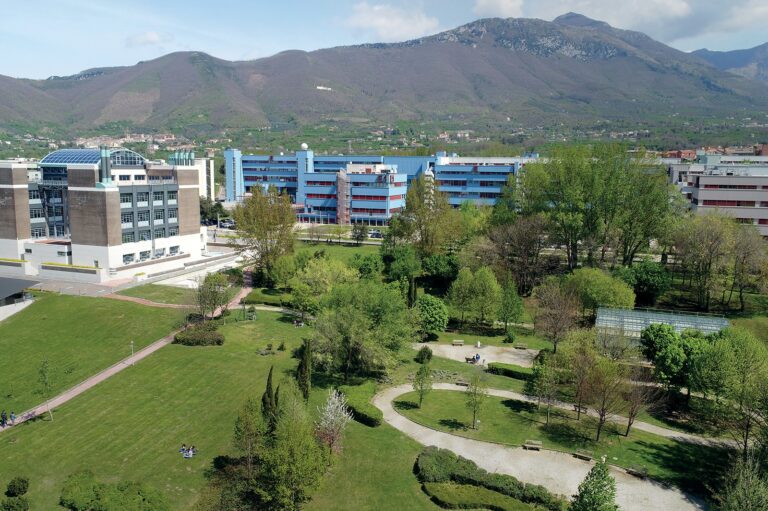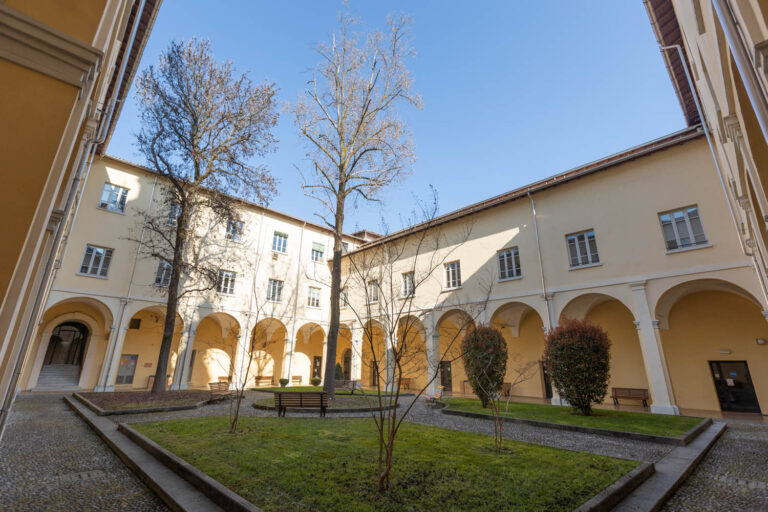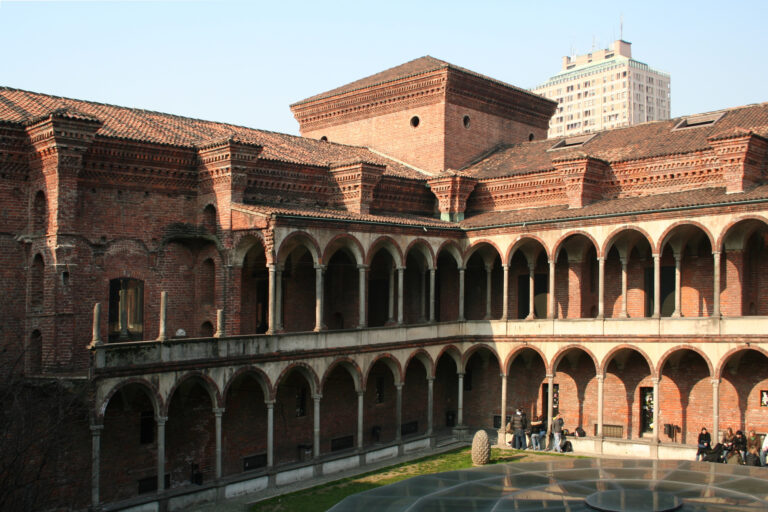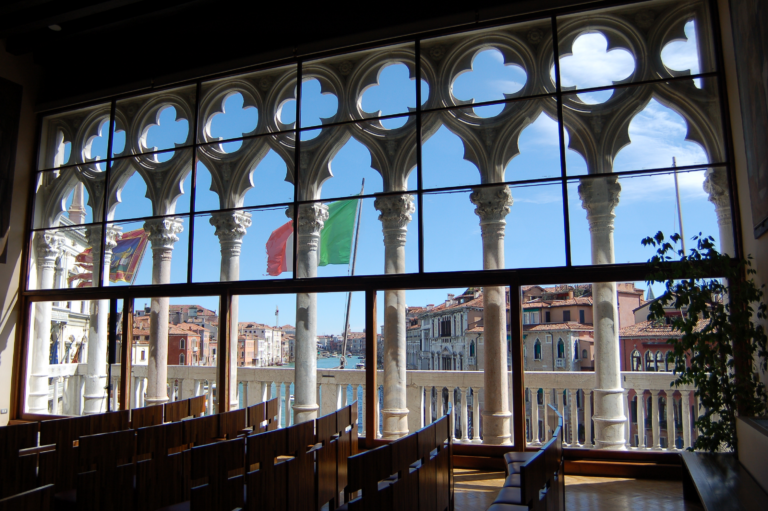The Rome Tor Vergata unit focuses on habits from an interdisciplinary perspective that materializes into two lines of research. The first employs philosophical, political and social research to investigate the practices that underpin the emergence, reproduction and transformation of social facts. Here social ontology, the epistemology of social sciences, sociology, and normative political theory are expected to converge in analyzing the relationships between social construction and social critique, focusing in particular, but not exclusively, on the justification practices that support social structures and how they come to be embodied in cognitive habits and material environments. The second line of research addresses habits from a neo-phenomenological perspective, focusing on the affective and felt-bodily experiences elicited by external atmospheres and related environmental affordances, which structure subjective experience and resonance to the lifeworld. Merging these lines of research will promote investigating the affective and habitual dimensions of social reality involved in the mechanisms that explain stability as well as in the dynamics that yield social crises and promote social transformation.




